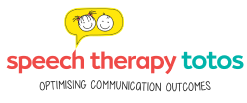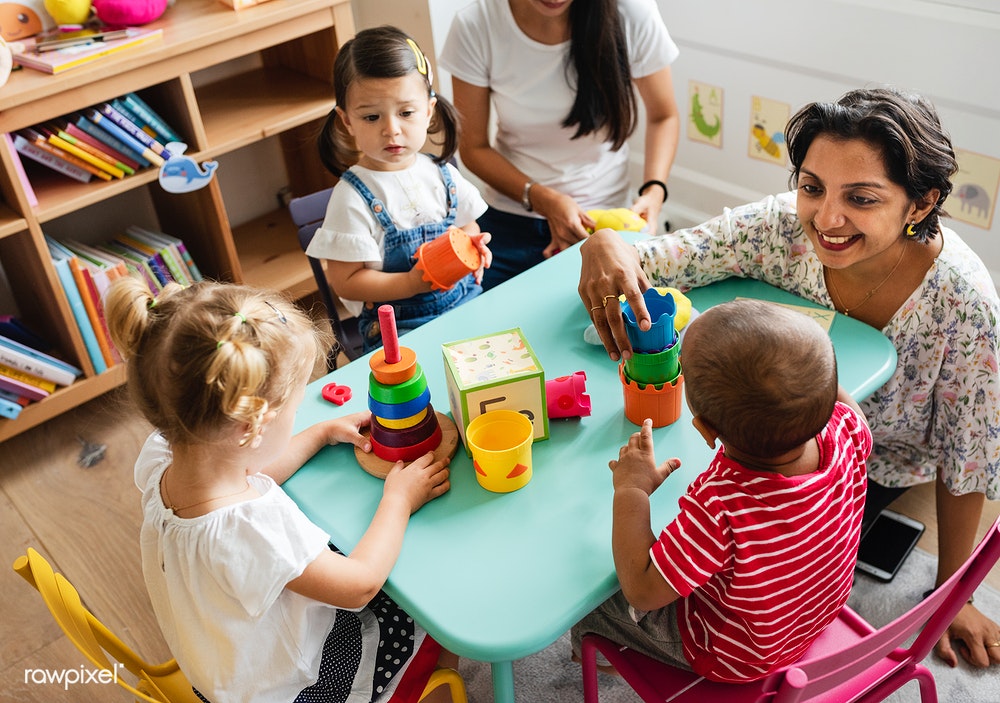Episode 1: What is the Difference Between Speech and Language?
This is going to be the shortest ‘What is…’ Series, but such an absolutely crucial distinction to make.
The topic I’m tackling today is, ‘What is the difference between ‘speech’ and ‘language’?
Speech is the verbal means of communication or conveying a message.

It requires very precise neuromuscular coordination (planning and execution of specific motor sequences).
Language is a learned code, or system of rules that enables us to communicate our ideas and to express our needs. Reading, writing, gesturing and speaking are all forms of language.
Partly innate and partly learned.
Language falls under 2 divisions:
- Receptive Language
- Expressive Language
Receptive language basically refers to ‘understanding’ or ‘comprehension’, which is usually the first to develop and for a lot of human beings ends up being bigger or greater than the expressive component.
Therefore, receptive language precedes and exceeds expressive language.
Which just means it comes or develops before expressive language and tends to be larger.
It is the reason why babies will understand for a much longer time before uttering their first word.

But, the issue in most of these cases is in fact ‘language’ and NOT ‘speech’.
It’s funny actually because the times when I have felt the problem was actually ‘speech’, parents have tended to say it was the opposite….
Like if the child is saying some words or phrases, but you can hardly understand them, that would be a difficulty with the mechanics of producing the sounds/words.
In some of those cases, the parents have said the problem was that the child was not talking.
I, therefore, gently say to the parent, “but your child IS talking, it’s just that it’s difficult to understand them”
When a child is delayed in talking, the most important thing for them at that early stage is language and not necessarily speech. In fact, the starting point for me, would be ‘pragmatics!
Yes! Pragmatics…can they attend/listen, are they giving me sufficient eye contact, can they establish joint attention, turn-take, copy what I asked them to or gesture for them to, etc.
It is far better to have a child who is saying 100 words, but misarticulating them than a child who is saying 2 words with perfect enunciation.
You cannot communicate with the child with only 2 words, but with the other child you can.
Also, teaching ‘speech’ or correcting ‘speech’ is the easiest thing compared to teaching language.
I hope this explanation demonstrates that ‘speech’ and ‘language’ are different terms that cannot be used interchangeably.
I of course realise this is a very brief overview of the fascinating distinction between SPEECH and LANGUAGE and everything that is encompassed under LANGUAGE.
If you would like to learn more, please read the rest of the blog and check out more of the associated videos in this series.







